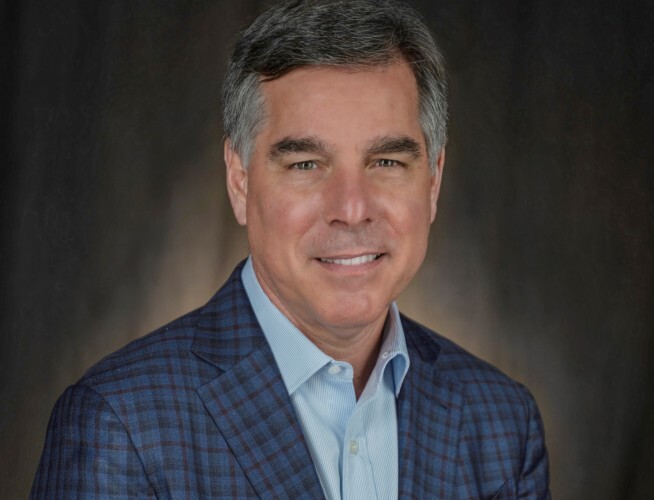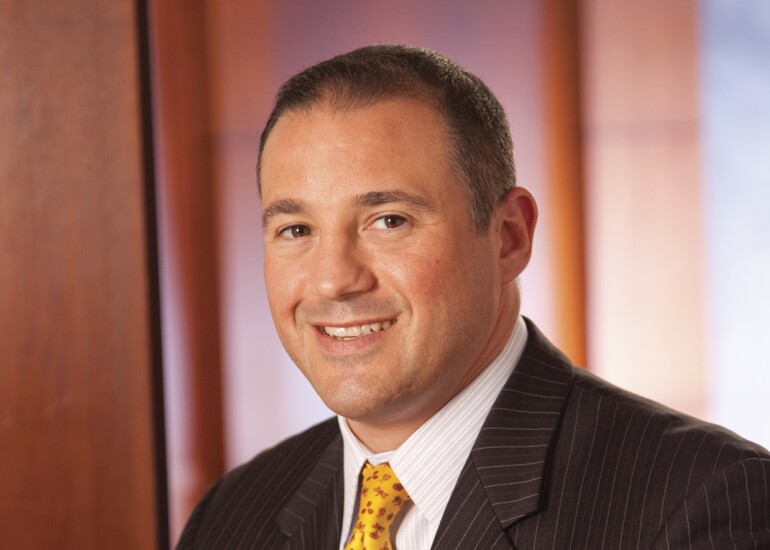It’s a time of transition at many U.S. banks.
Since late last year, a number of large and regional banks have either replaced their CEOs or announced plans to do so in the coming weeks.
Some, like Citigroup and MUFG Union Bank, promoted senior executives from within, while others brought in seasoned business-line leaders from larger banks. Perhaps not surprisingly, two companies, Texas Capital Bancshares and TIAA, hired their new leaders from JPMorgan Chase, the industry’s top training ground for future bank CEOs.
Here’s an introduction to the newest crop of bank CEOs.














